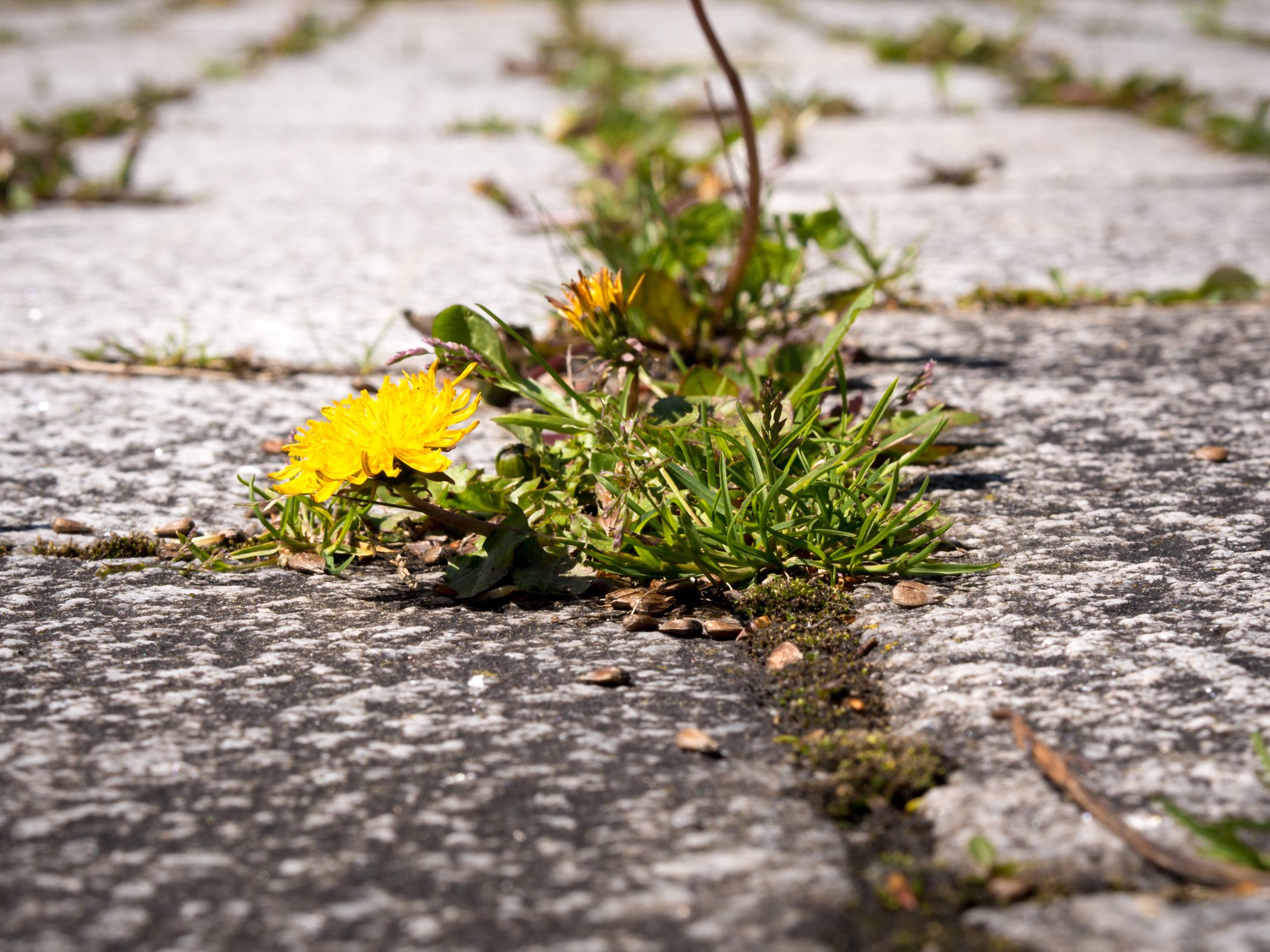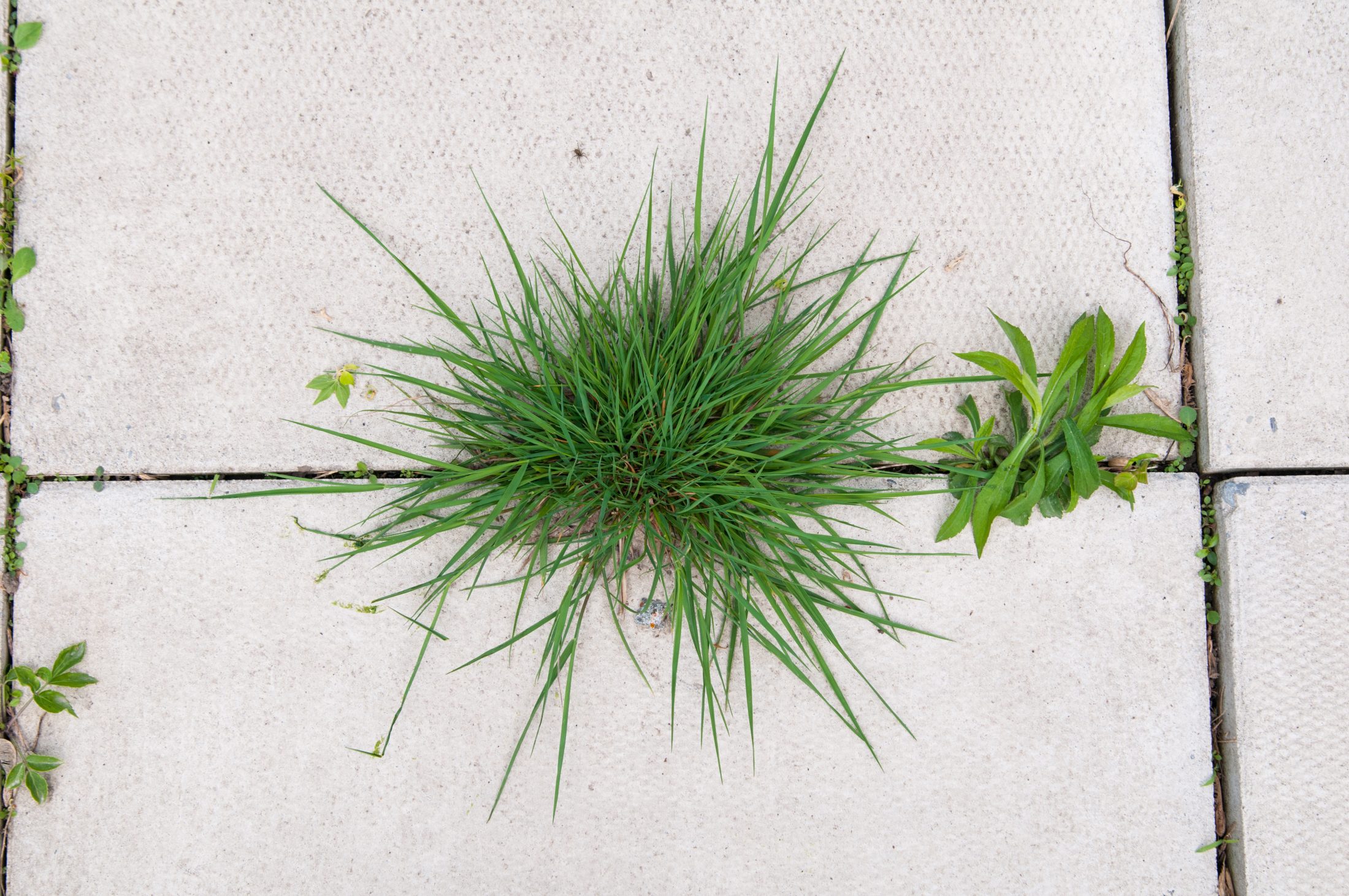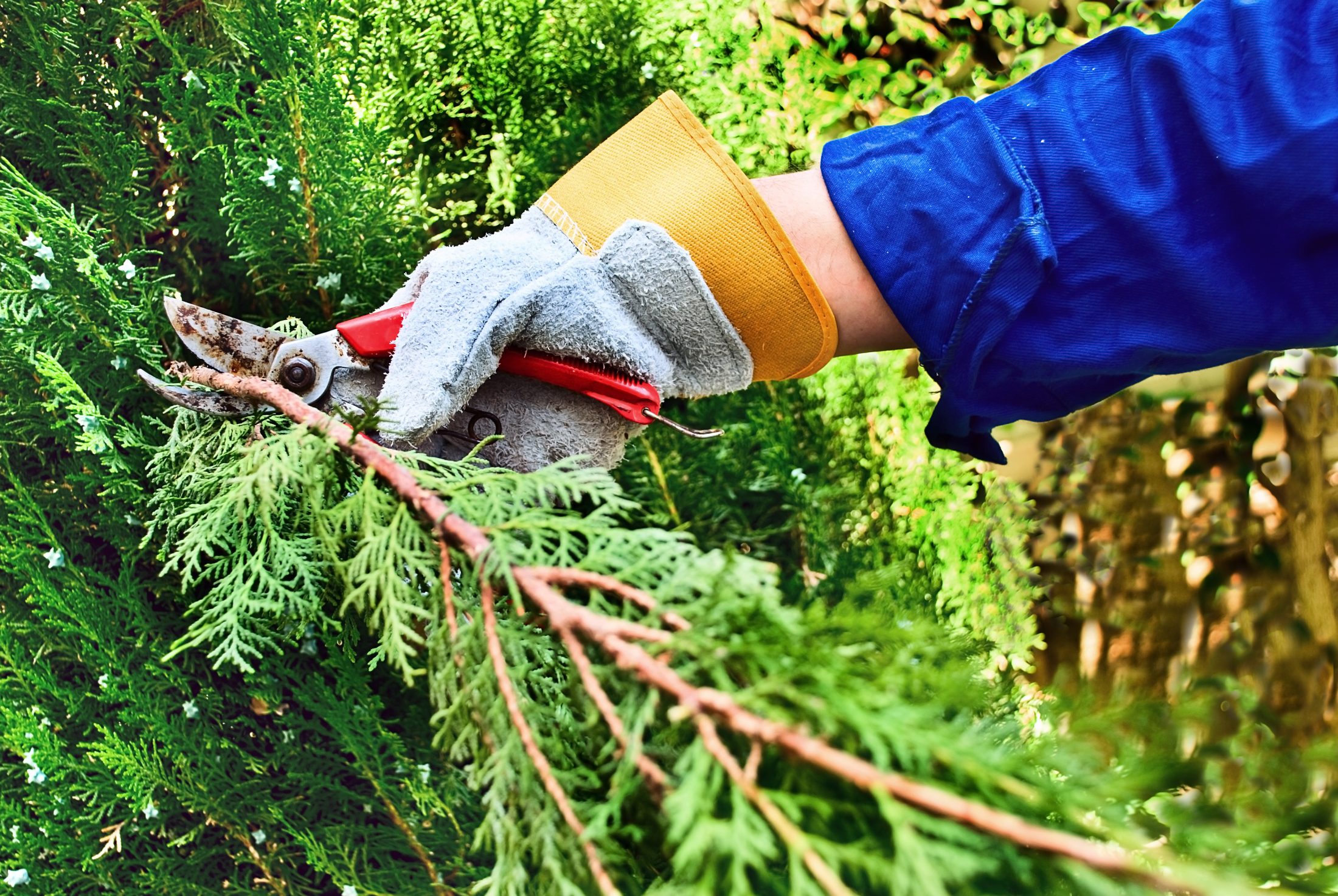Weeds are persistent intruders that can mar the beauty and health of your landscape. With their ability to thrive in a variety of conditions, they can quickly take over your beds, grass, and hardscaped areas if left unchecked. While manual weeding is an option, chemical weed control practices can offer greater efficiency and long-term management solutions. In this comprehensive guide, we’ll delve into various weed control methods and focus on effective strategies for tackling winter weed growth.
Chemical Weed Control: A Brief Overview
Chemical weed control has become a staple in modern landscaping practices due to its efficiency and ability to manage widespread weed infestations. While manual weeding remains an option, it’s often time-consuming and labor-intensive. Chemical methods, on the other hand, can target weeds at various growth stages, offering both preventive and curative solutions.
Pre-Emergent Herbicides: Stopping Weeds Before They Sprout
Preventing weeds from taking root is often easier and more effective than dealing with established growth. Pre-emergent herbicides are a valuable tool in the battle against weeds. They come in both granular and liquid forms, providing options for different application methods. These herbicides create a barrier in the soil that inhibits weed germination. For optimum results, two pre-emergent applications are recommended, and in regions with extended growing seasons, a third application may be necessary.
It’s important to note that pre-emergent herbicides offer more flexibility in application compared to their post-emergent counterparts. This makes them an essential part of any weed management plan.
Post-Emergent Herbicides: Targeted Control for Visible Weeds
When weeds have already sprouted, post-emergent herbicides step in. It’s crucial to choose the right type of post-emergent herbicide, as some are non-selective and can harm desirable plants. Non-selective post-emergent herbicides are ideal for open areas like driveways and sidewalks, where precision application is less critical. However, for specific weed problems in your grass, a selective post-emergent weed killer should be employed. These products target only the weeds, leaving your grass unharmed. For tailored advice on selecting the appropriate post-emergent herbicides, consulting a lawn care professional, like our team at Chapel Valley, is recommended.
Related: The Path to a Comprehensive Landscape Plan
Mulching: Natural Weed Suppression
Chemical methods aren’t the only way to control weeds. Mulching, a natural and eco-friendly approach, can help prevent weed growth by depriving them of sunlight and space to germinate and grow. Applying mulch to your beds, especially in shaded or tight areas, can significantly reduce weed occurrence. While some weeds may still push through, their prevalence will be notably diminished compared to bare soil areas.
Winter Weeds: Special Considerations
During winter months, weed growth may slow down, but it doesn’t come to a complete halt. In regions with mild winters, certain weed species can remain active and continue to grow. To effectively manage winter weeds, consider a combination of pre-emergent and post-emergent treatments, along with strategic mulching. Even if weed growth appears minimal during winter, it’s a critical time to prepare for the upcoming growing season.
Crafting Your Effective Weed Control Plan With Chapel Valley
Weeds can undermine the health and aesthetics of your landscape, but with the right strategies, you can effectively manage them year-round. Whether you opt for pre-emergent herbicides to stop weeds before they sprout, post-emergent treatments for visible growth, or the natural suppression of mulching, your approach should be tailored to your specific needs when controlling weeds.
Remember to prioritize safety when working with chemicals, using proper personal protective equipment (PPE), and following recommended application guidelines. If you’re unsure about the best approach for your landscape, request a consultation from our professional team. We can offer expert advice, provide top-of-the-line services, and ensure the long-term beauty and health of your commercial outdoor spaces.






